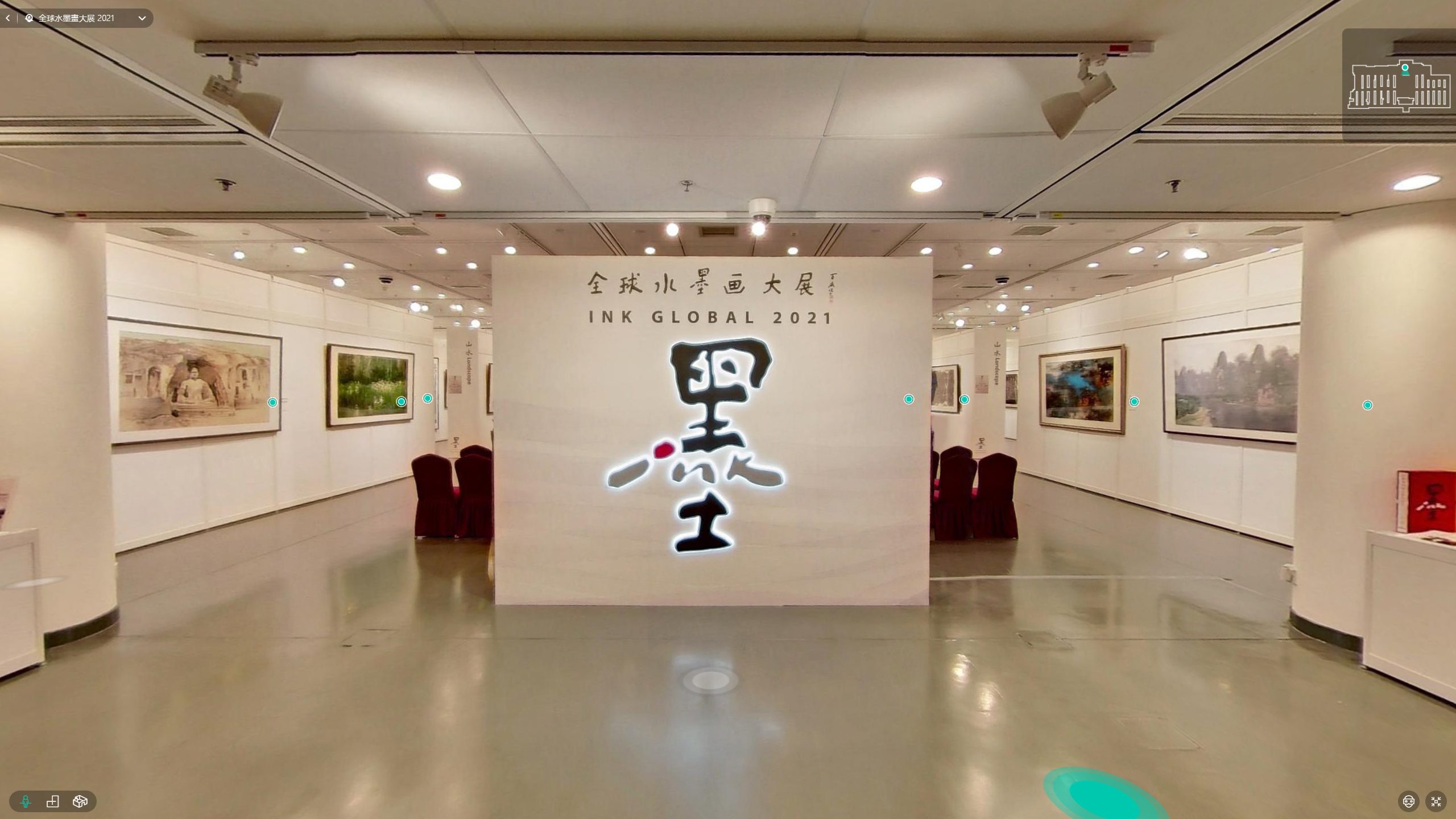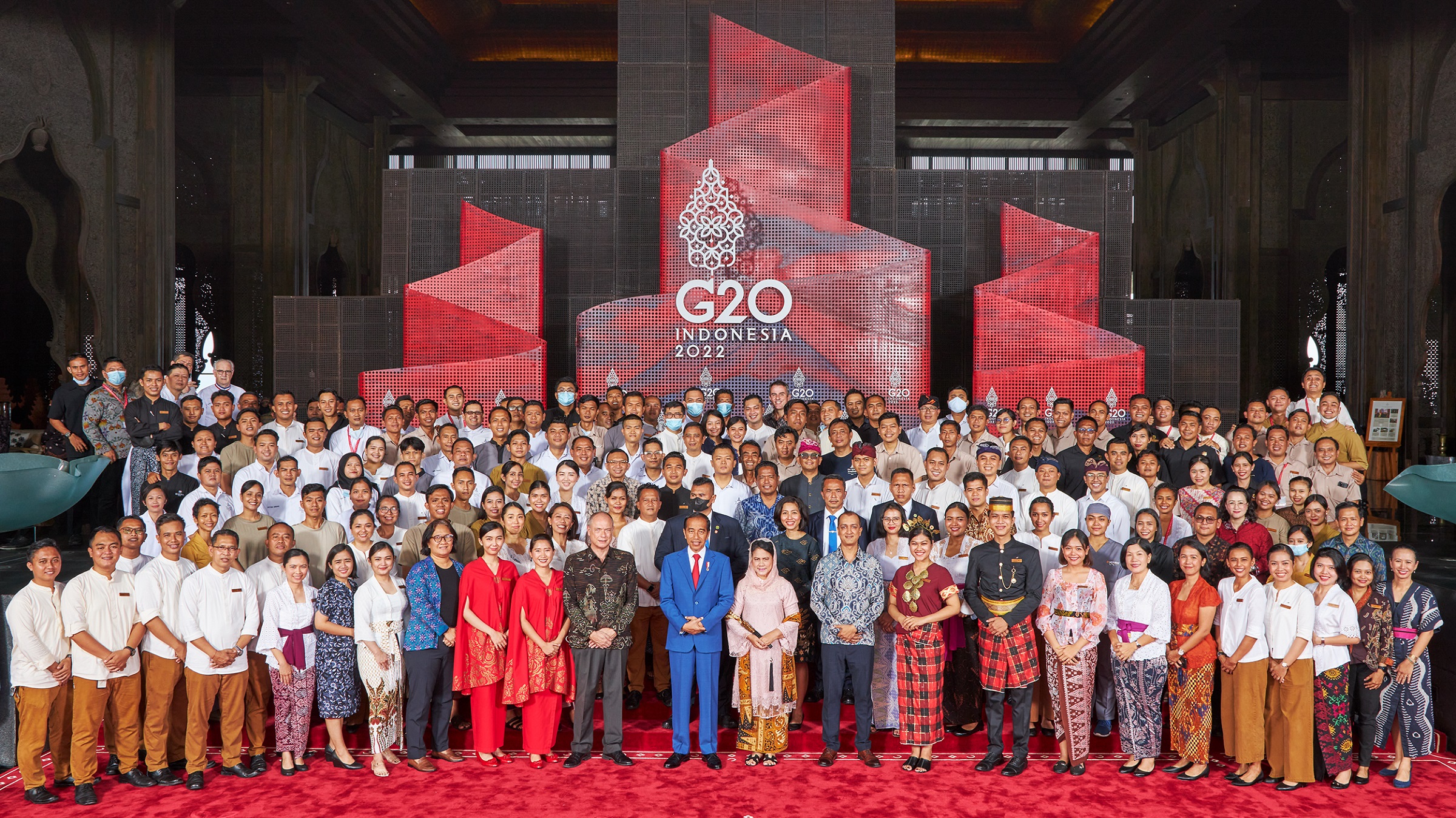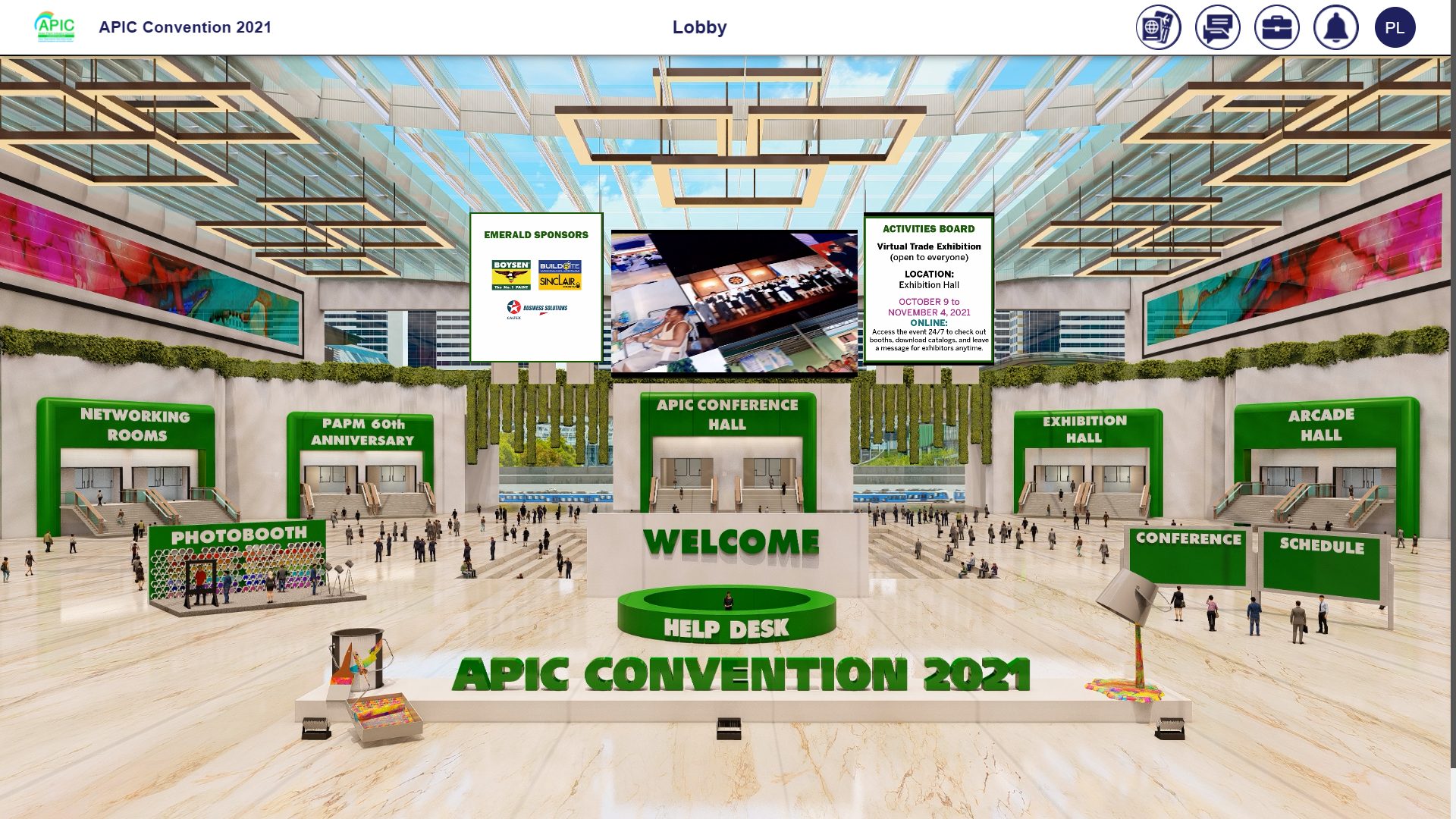Britain’s ex-prime minister Tony Blair had barely packed the family belongings at Number 10 Downing Street before pundits were predicting where his next paycheque would be coming from.
Aside from publishing his memoirs and taking up a role as a Middle East envoy, Blair will become part of another exclusive club. He joins other former world statesmen, such as former US president Bill Clinton and the last Soviet leader Mikhail Gorbachev, on the highly lucrative global speakers’ circuit.
Experts estimate that Blair could expect to command a fee of around US$150,000 for a single speech.
Silver-tongued Clinton, the phrase has seldom seemed more apt, is reckoned to have pocketed US$40 million for his post-presidential talks and speeches alone.

These figures probably put former US presidents and British premiers out of the range of most companies’ budgets for their quarterly sales pep talks but there are plenty of other celebrity speakers who can deliver inspirational energy and offer motivational insight to your top executives for a fraction of the price.
Tom Kenyon-Slaney of the London Speaker Bureau explains: “In a rapidly changing world, corporations are aware that answers to the many issues and challenges they face do not necessarily come from within their own organisation. They realise that they can benefit from hearing experienced people from outside, who can share their insights and experiences and give fresh perspective on crucial questions. This is where a speaker bureau can help. In some respects, it is a similar role to a management consultancy, but differs by bringing in prominent, successful individuals from business, politics and academia.”
The London Speaker Bureau, which recently opened an office in Hong Kong, has a wide range of speakers with different areas of expertise, ranging from Tim Berners Lee, the inventor of the World Wide Web, Mikhail Gorbachev, Bob Geldof, musician turned Third World debt campaigner, and Muhammad Yunus, the 2006 Nobel Peace Prize Winner and founder of Grameen Bank.
While academics and entrepreneurs may be a neutral choice, trying to pick up the leadership skills of statesmen and politicians may deliver a different dilemma.
For example, Blair may be far from an ideal choice, depending on your audience. Like any high-profile politician, he comes with a rather cumbersome set of baggage. His role in the Iraq War would not necessarily make him suitable for a forum with many delegates from Middle Eastern or Islamic countries, for example, who might understandably regard him as a less than admirable mentor. A politician from an earlier era might, however, have enough gravitas that their past misdemeanours are merely distant memories.
There is often a fine line between fame and infamy and conference planners would do well to bear that in mind when finding a speaker that your audience will warm to, rather than watch them being booed off the rostrum under a barrage of bread rolls by an outraged audience.

Kenyon-Slaney points out that the speakers’ circuit is nothing new.
“Before film and television, popular authors attracted huge audiences to their public-speaking engagements in the United States. Mark Twain toured 75 cities to shore up his finances. In 1881; Oscar Wilde began a lecture tour in the US, often giving up to six lectures per week.
“The modern speaking industry is generally thought to have begun in the 1930s in America. Actor David Niven would speak regularly at Hollywood lunches, telling behind-the-scenes stories from the film industry. It was at this time that the first speaker bureaux started springing up in America.”
Carson White of speakers bureau ICMI in Australia recommends that conference organisers should also look beyond the glam and glitter of a celebrity name when a lower-profile speaker might connect better with your audience.
“It is fundamentally important that the organiser understands the key objective or objectives for their event.
“Some of the very best speakers in the world are not household names, celebrities or VIPs. Yes, it is sometimes good to have a ‘Big Name’ speaker, however, in reality they may not always add real value to an event programme.
“More often than not, they also come with a very big price tag. Over the 20 years that ICMI has been in operation, the speakers, who continually rate the highest are those who have an innate ability to connect and engage their audience, usually sharing their own, very real, experiences in life and business,” he says.
Our natural curiosity about the lives of others can suggest a radically different array of potentially enthralling speakers than simply sticking to those who can grandstand about their success.
Take Nick Leeson, for example. His is a name that many in the Asian financial sector would rather forget.

The former “Rogue Trader” brought the venerable Barings Bank to its knees with his deceitful dodges on the Singapore Stock Exchange. But now, after serving a four-year jail sentence, he is a changed man with a story to tell. In his speaking engagements, Leeson talks candidly about his experiences both as a flash figure on the trading floors of the Singapore monetary exchange and as an inmate of another less salubrious Singapore institution, Changi Prison.
Redemption
Leeson was released early after being diagnosed with cancer. In the meantime, his wife had left him for another trader.
Today Leeson’s message is not merely one of penitence but also redemption. His is a fascinating tale of pride, deceit, betrayal and endurance, a riveting biography with any number of lessons on ethics and responsibility for the business world.
However, don’t rush just yet to book him into your next motivational seminar at Suntec Singapore. Leeson remains persona non grata in the Lion City. He has, however, spoken elsewhere in Asia.
If business bungling and corporate crime aren’t your favoured topics, you could introduce your audience to the glamorous world of sport.
Here the challenge lies in finding a sportsman or sportswoman, whose fame transcends national and cultural boundaries. Take cricket, for example, which is unquestionably one of the world’s greatest team sports.
While Indians, Australians, Sri Lankans and Pakistanis might hang on the every word of Ian Botham or Imran Khan, delegates from Taiwan or Korea might just be whispering to each other, “Who is this guy?”
Although, with the Beijing Olympics just a few months away, a sporting icon could be a perfect choice for your gathering, the underlying logic is simple: match your speaker and topic to your audience and your brand message.
In Asia, the homegrown speakers’ circuit has been limited until recently. International celebrities were almost all American or European. However, this trend is being challenged as a new wave of Asian celebrities have gained global recognition and celebrity status. These include film stars such as Bollywood’s Aishwarya Rai, a former Miss World, sporting giants such as basketball’s Yao Ming, entrepreneurs like AirAsia’s Tony Fernandes, Nobel Prize-winners like “people’s banker” Mohammad Yunus, or writers such as Vikram Seth.
Nonetheless Asian speakers’ bureaux are still few and far between, with truly world-class Asian celebrities often signed to European or US-based agencies. Yet there are signs of change.
Network
Kenyon-Slaney, co-founder of the London Speaker Bureau, has a strategic alliance with a US partner and his company has opened offices in Paris, Frankfurt, Dublin and Athens. Recently the agency established itself in Hong Kong.
“Our aim is to build an international highway of talented individuals linking Asia to Europe to the Americas. We feel privileged to work in this industry where our products are people and those working in it have access to some of the most remarkable ones in the world. An event may have “First Man on the Moon” Neil Armstrong at lunchtime, followed by former US vice-president Al Gore in the evening. Quite often, our biggest challenge is making sure our client has an equally star-studded programme the following year,” he says.
While business or personal connections can be useful in pulling in a favour to secure your speaker, in most cases this simply won’t work.
Tracking down the right speaker is made considerably easier by working through a speakers’ bureau.
White says the advantages are substantial: “Using a professional speakers bureau ensures you will have the right speaker for your event. Why? Like any business, speakers bureaux know the product they are selling very well. They understand the different elements to each speaker and, with a detailed brief, can match the appropriate speaker with the client’s needs.
Bureaux in effect have road-tested all the speakers they recommend. Speakers’ bureaux also offer unbiased advice to ensure the best result for a client.
“Finally, speakers bureaux will provide you with direct access to a network of speakers from around the world.” N
HOW TO CHOOSE YOUR SPEAKER
Q. What is the purpose of your event: is it a dinner, conference or awards night?
Q. What is the desired message or response you want to generate from your event?
Q. Do you want the audience to walk with some key message, outcome or just
have fun?
Q. Have you determined your budget? There are generally suitable speakers to suit most budgets, however, it helps in the decision-making process if you can identify this early on.
Q. What is the venue like and will it be suitable for the speaker you are interested in? Is the venue indoors/outdoors and suitable for the speaker to present their message in the best possible environment?
Q. What are the demographics of the audience? Age, gender ratio, senior management, factory workers…?
Q. What are their audio-visual or production requirements? Do these fit within your budget?
Q. Who have the speakers worked for in the past?
Q. Can they tailor their talk, act or activity to your brief?
What will it cost?
The really “big name” international speakers will generally attract
fees starting at around US$80,000 and go up from there. Former US presidents, like Bill Clinton, can attract a fee of up to US$300,000 per event (depending on details). Most professional speakers’ fees, however, will vary from US$5,000-US$20,000.
It is important to remember that the associated costs can add up quickly. For instance, most high-profile speakers will usually want first-class travel (possibly for two).
If you book a Clinton or a Blair, then your security and travel costs could escalate very quickly. Lower-profile, professional speakers generally require business-class travel and all speakers will require their accommodation (including main meals) and all transfers to be covered.
SPEAKERS BUREAUX
Celebrity Speakers (NZ)
Email: louiser@csnz.co.nz
d’Oz International
Email: consultancy@d-oz.com
The London Speaker Bureau
Email: tommyh@londonspeakerbureau.co.uk (Hong Kong Office)
Ovations International
Email: vanessa@ovations.com.sg
ICMI Speakers & Entertainers
Email: peter@icmi.com.au
Nick Leeson
Email: neil.martin@nmp.co.uk
DO
l Consider a question and answer session – it may be more appropriate.
l Ask if the speaker has any special dietary, medical or other requirements that need to be catered for.
l Remember that many celebrities are associated with charities or foundations and may even devote all or part of their fees to a chosen cause. You could tie up their appearance with your company’s own corporate social responsibility programme.
l Arrange a meeting with the venue to discuss any possible security issues, ranging from over-enthusiastic autograph-hunters to more sinister interventions.
l Evaluate the speaker’s performance afterward.equipment to enable journalists to file stories quickly.
DON’T
l Get your VIPs name or titles wrong. Brief your chairman or master of ceremonies on how your guest should be introduced. Protocol is simply politeness dressed up.
l Ignore simple logistics, such as airline connections and transfer times from the airport. A traffic jam could prove an expensive headache and leave an embarrassing gap in your agenda.
l Leave it to the last minute, the more prominent your VIPs, the more packed their diaries. Book them early.
l Forget that all politicians have a chequered history and you may antagonise a certain part of your audience with your choice of guest. In extremes, this may even extend to public protests at your event too.
l Miss the opportunity to grab the headlines. Get your PR team working well in advance on how to maximise publicity for your event and your company.


